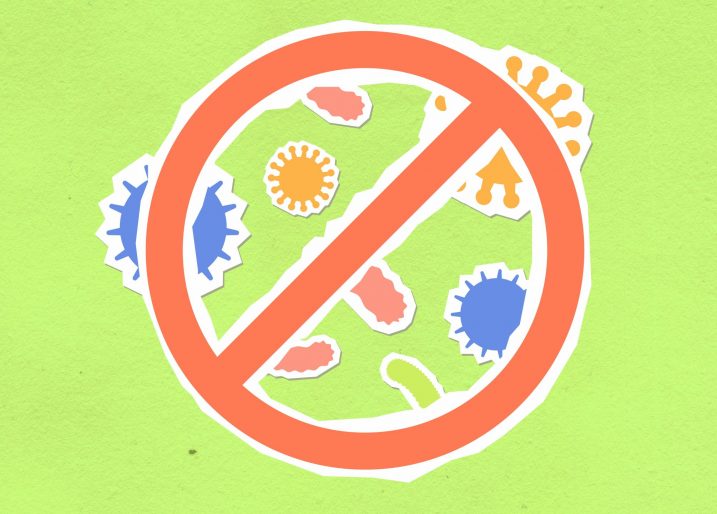Hygiene and health company Essity has expanded its partnership with the United Nations (UN) Foundation by joining a cross-industry group that brings together corporate experts in the fight against antimicrobial resistance.
Antimicrobial resistance (AMR) occurs when bacteria, viruses, fungi, parasites, and other microorganisms change in ways that make medication ineffective and infections persist in the body. The main causes of AMR are lack of clean water and sanitation, inadequate infection prevention/control, and antibiotic misuse.
Established in 2020, the UN’s council is a first-of-its-kind international group composed of private sector AMR experts and organizations involved in antimicrobial stewardship. Essity will collaborate with other group members to develop global policies and best practices, share research and technology, and highlight the role of business in achieving health security goals.
The World Health Organization’s (WHO)2 outlines reduction of the incidence of infection through effective sanitation, hygiene, and infection prevention as one of the key measures in tackling AMR. Essity research shows that 73 per cent of the general public agree that AMR is a threat to global health and 47 per cent are worried or very worried about AMR.
“To preserve lifesaving antibiotics for current and future generations, we need to take action on a global level. As a hygiene and health company with sales in 150 countries, Essity addresses issues where hygiene and health are part of the solution. Working together with the public sector and other companies makes it possible to accelerate change with higher impact in the fight against AMR,” says Magnus Groth, President and CEO of Essity.
Essity’s works towards fighting AMR via improved hand hygiene solutions.
“Essity’s expertise and experience from driving antimicrobial stewardship will be a great asset to this group of companies that will contribute policy and practical input to the United Nations-led efforts to fight antimicrobial resistance,” says Kate Dodson, Vice President, Global Health Strategy, UN Foundation, which hosts the cross-industry working group through its Business Council for the UN.









